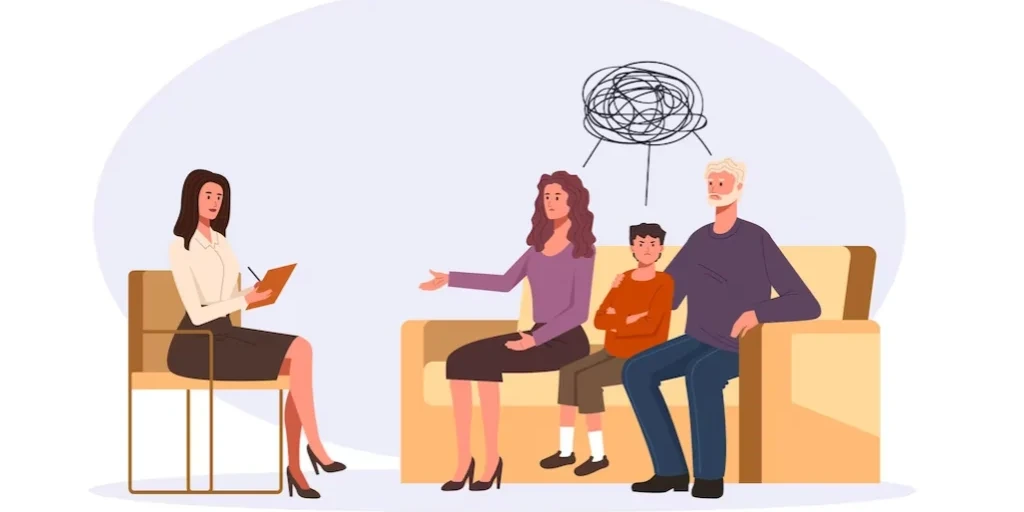24/7 Helpline:
(866) 899-221924/7 Helpline:
(866) 899-2219
Learn more about Schizophrenia Treatment centers in Jim Hogg County

Other Insurance Options

Health Partners

CareFirst

Lucent

CareSource

Medical Mutual of Ohio

WellCare Health Plans

Choice Care Network

Self-pay options

State Farm

BHS | Behavioral Health Systems

Optum

American Behavioral

Optima

Regence

AllWell

Meritain

Cigna

Oxford

Ambetter

Covered California


















Border Region Mental Health
Border Region Mental Health is a private rehab located in Hebbronville, Texas. Border Region Mental ...